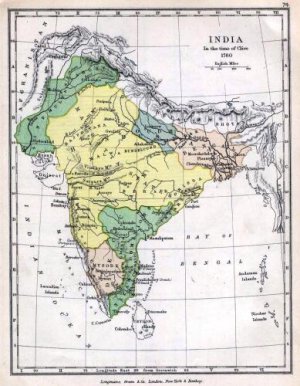Im not sure what modern school textbooks influenced by the current government teach but the way we learnt it as kids was
1. Babar -
Brought then modern artillery which helped him
defeat Lodhi at Panipat. Dude hated India and longed for his native land.
2. Humayun
Unfortunate to barely have the throne but Sher Shah Suri was an excellent administrator and build the Grand Trunk Road
3. Akbar
Said to be highly intelligent and that is corroborated by the accounts of visiting Jesuit priests of the time(though he could not read apparently) . A great military strategist but a heretic in the eyes of Muslim orthodoxy and he tried to found a syncretic religion. Was the most tolerant of all Mughal emperors since he allowed Jain and Hindu scholars to debate on even terms with Muslim theologians.
Allowed Christian missionaries to function in his empire
4. Jahangir
An incompetent drunk. A Jesuit account says that he would have converted to Catholicism but he didn't like the fact the he could keep only 1 wife

)
5. Shah Jahan
Less tolerant of his non Muslim subjects than his predecessors. Given to grandeur and lavishness. Not a particularly competent administrator
6. Aurangazeb
An austere, religious man in his personal life. Extremely bigoted and fought expensive wars , emptying the treasury. Tried to have absolute control over the Deccan but managed only to destroy the Mughal empire .







 )
) White girls, boys and culture are prettier and superior to the Mughal one
White girls, boys and culture are prettier and superior to the Mughal one They wanted to learn Angrezi too
They wanted to learn Angrezi too

